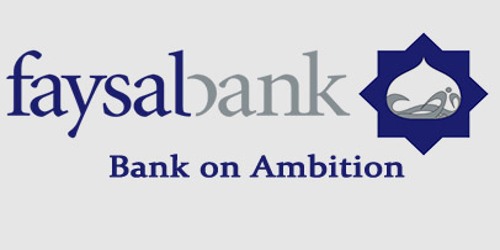Nstacart isn’t done generating headlines yet. The well-known grocery delivery startup launched a software package as part of its self-described third act earlier this week. According to Bloomberg, Instacart’s valuation has dropped from about $39 billion to $24 billion, marking a 38.5 percent drop in the company’s value. According to the commentary, the company’s new “valuation” was determined by a 409a price shift rather than a fall in the value of preferred shares sold in the previous round.
The difference here is that 409a values are established by third parties, not startups or their venture backers – Carta, for example, undertakes this work for clients – leading in a more objective pricing in certain ways. However, what we assume to be a freshly established 409a value for Instacart is significant.
The decrease in valuation is part of a bigger pattern in which the value of high-growth technology businesses has been declining in recent months. The public markets have cut the value of major and small software enterprises, SaaS and otherwise, from their late-2021 highs.
Instacart, which has a number of public comparables owing to IPOs from DoorDash and Uber, operates in an environment where its value can be directly compared to that of publicly traded companies. The Exchange has done some research on the Instacart value shift and has some observations on the company’s present trajectory.
Instacart’s reduced valuation is influenced by a number of factors, including the shifting public market. Human skill is the other. Let’s have a look. The new $39 billion is $24 billion. In 2021, Instacart established a variety of records, including order volume, gross transaction volume, revenue, and gross profit, according to the company. The corporation also has over $1 billion in cash and equivalents in the bank, indicating that it is not short on cash.
Bloomberg also stated that the business expects $1.8 billion in revenues in 2021, up from $1.65 billion last year, according to previous reports. Instacart now has a 13.3x trailing sales multiple based on the higher figure and its new value. (Note that this statistic is more conservative than the ARR multiple we calculate for pure software businesses.) The company’s 2021 sales would have given it a far higher 21.7x multiple at its previous $39 billion valuation. Instacart isn’t the only grocery delivery service whose revenue multiple has dropped in recent months.
















